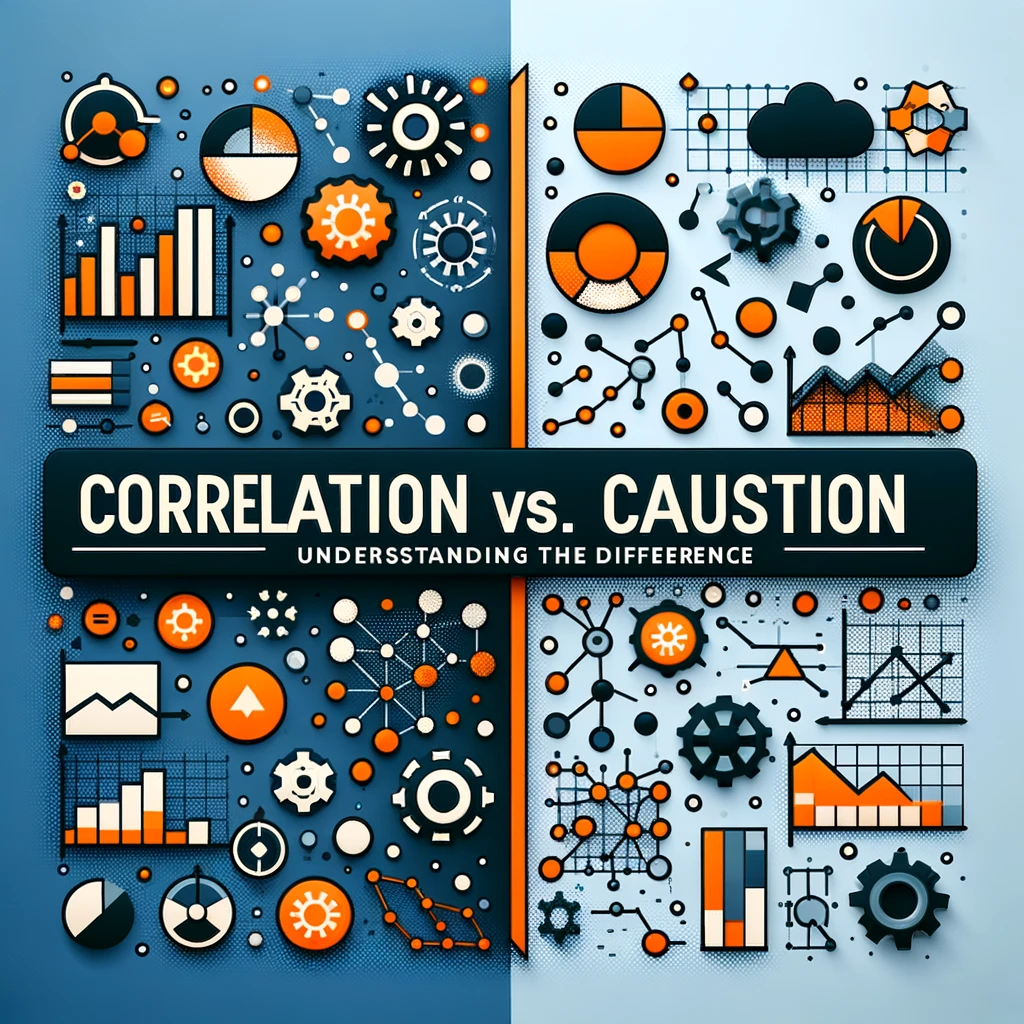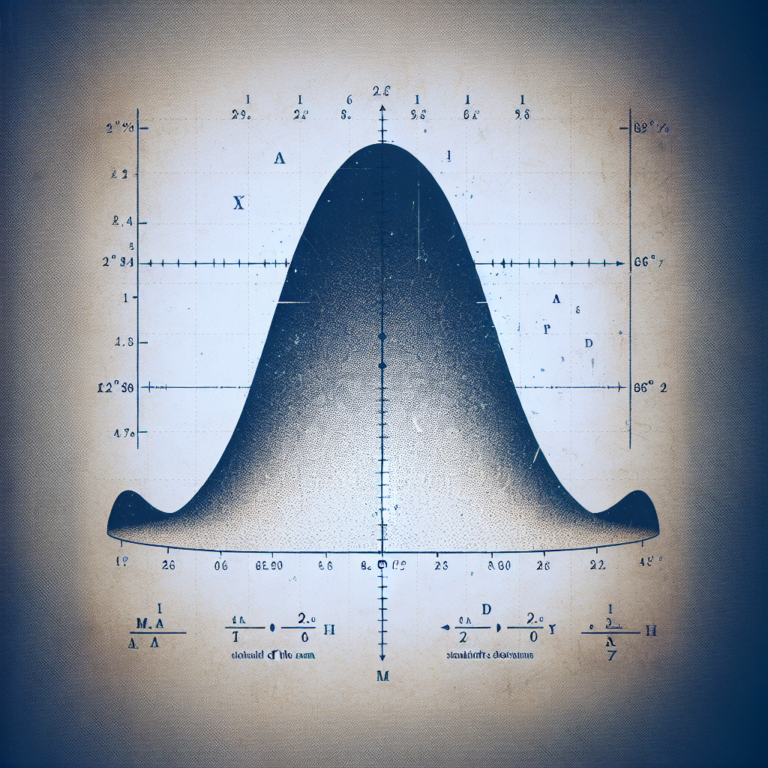When it comes to statistical analysis, particularly in the medical field, StatisMed is here to provide expert services that can help medical professionals make informed decisions. One crucial concept to understand in statistics is the difference between correlation and causation. This article will delve into the nuances of these terms, highlighting their distinctions and importance in data analysis.
Table of Contents
Correlation: A Statistical Relationship
Correlation refers to a statistical relationship between two variables. It measures how changes in one variable are associated with changes in another variable. For example, there may be a correlation between smoking and lung cancer. However, it is essential to note that correlation does not imply causation. Just because two variables are correlated does not mean that one causes the other.
In the medical field, understanding correlations can help identify potential risk factors or relationships between certain variables. StatisMed offers services that can analyze correlations in medical data to provide valuable insights to healthcare professionals.
Causation: Establishing a Cause-and-Effect Relationship
Causation, on the other hand, refers to a cause-and-effect relationship between two variables. It implies that changes in one variable directly result in changes in another variable. Establishing causation requires more than just observing a correlation; it involves thorough research, experimentation, and analysis to determine the true relationship between variables.
While correlation can provide valuable insights, it is essential to be cautious when inferring causation from correlation. StatisMed understands the importance of distinguishing between these concepts in statistical analysis for medical purposes.
Why Understanding the Difference Matters
In the medical field, misinterpreting correlation as causation can have serious consequences. Making decisions based on false assumptions about causation can lead to ineffective treatments or misguided policies. That’s why having a clear understanding of the difference between correlation and causation is crucial for medical professionals.
At StatisMed, we emphasize the importance of accurate and reliable statistical analysis in healthcare. Our team of experts is dedicated to providing services that help medical professionals make evidence-based decisions.
How StatisMed Can Help
If you’re a medical professional looking for statistical analysis services, StatisMed is here to assist you. From analyzing correlations in data to conducting causal inference studies, our team can provide comprehensive support for your research and decision-making processes. Visit our services page to learn more about the services we offer.
With StatisMed, you can trust that your data will be handled with precision and expertise. Contact us today to learn more about how we can support your statistical analysis needs. Visit our about us page to learn more about our team and our commitment to quality statistical analysis services.
If you’re ready to take the next step, request a quote from StatisMed today. We look forward to helping you navigate the complexities of correlation and causation in your medical research.
In conclusion, understanding the difference between correlation and causation is paramount in statistical analysis, especially in the medical field. By working with StatisMed, you can ensure that your data is analyzed accurately and ethically. Trust the experts at StatisMed to support you in making informed decisions based on sound statistical principles.
[ad_2]




